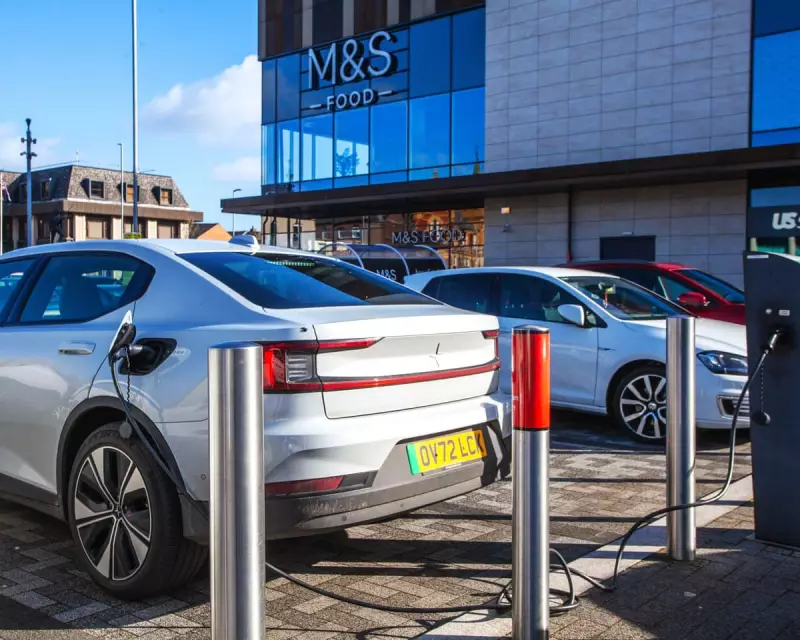
Chancellor Rachel Reeves is set to reveal a substantial £1.5 billion support package for electric vehicles in next week's budget, extending purchase subsidies until 2030 while simultaneously proposing a contentious pay-per-mile taxation scheme.
Substantial Funding Injection
The Treasury will allocate an additional £1.3 billion to bolster the existing electric car grant programme, which currently provides up to £3,750 towards the cost of new zero-emission vehicles. This scheme has already assisted 35,000 drivers in transitioning to electric transport since its introduction.
A further £200 million has been earmarked for expanding the UK's charging infrastructure, addressing widespread 'range anxiety' that remains a significant barrier for many potential EV adopters. The original £400 million grant fund was due to expire within two years due to overwhelming demand.
Mixed Messages Cause Concern
While industry experts have welcomed the extended financial support, they've expressed serious reservations about the Treasury's parallel plans to consult on implementing a 3p per mile charge for electric vehicle users. This new tax would add approximately £276 annually to the running costs of an average EV.
Ginny Buckley, founder of EV review site electrifying.com, commented: "The policy around EVs is really confused. You can't incentivise people to get EVs while also floating the idea of pay-per-mile chargers. Prospective buyers feel like they're being green-lit to buy a new car and then immediately met with a stop sign."
Addressing Charging Inequality
The Chancellor will also initiate a review into the significant VAT disparity between home and public charging. Currently, on-street charging attracts 20% VAT compared to just 5% for home charging, disproportionately affecting EV owners without access to off-street parking.
This review, however, won't report its findings until autumn next year, leaving many current and prospective EV users facing higher costs in the interim. The government source defended the comprehensive package, stating: "We're backing the switch to electric with a £1.5bn package to cut upfront costs, accelerate charge-point rollout and unlock jobs and opportunities."
The dual approach reflects the government's challenging position of encouraging electric vehicle adoption while addressing the projected £375 million annual shortfall in fuel duty revenue as drivers abandon petrol and diesel cars. The consultation on mileage-based taxation aims to plug this growing budget gap.





